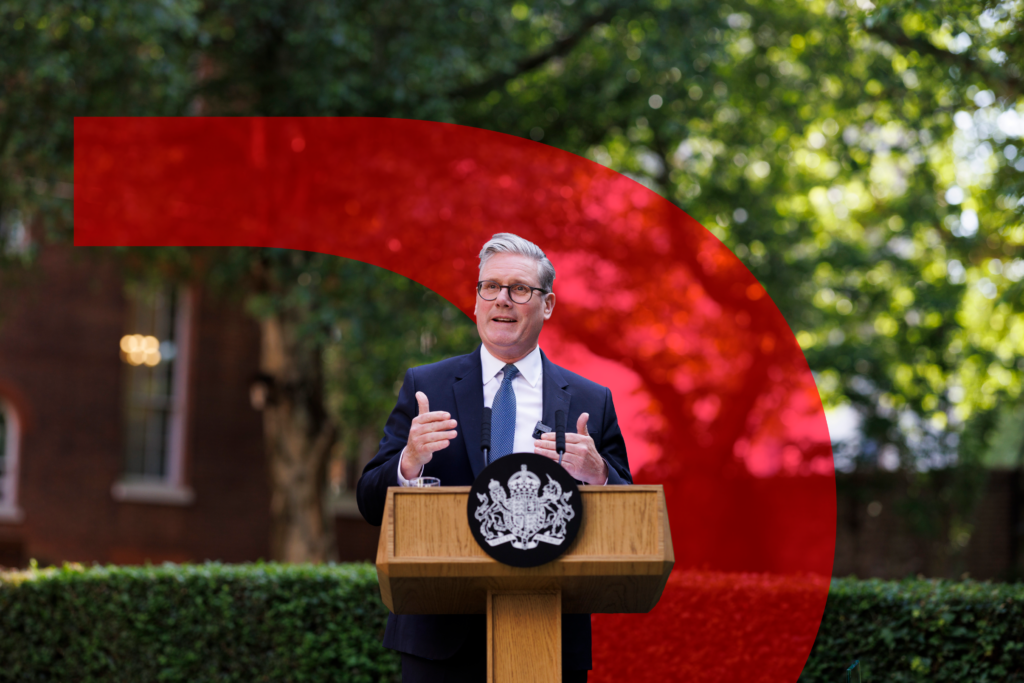So far, the evolution of digital diplomacy has been a happy one. Foreign Ministries are doing digital. Everyone is jolly pleased – isn’t everyone clever as they engage in diplomatic persiflage on Twitter, Facebook and Weibo? Nation shall tweet, retweet and like unto nation.
It’s been a pretty smooth digitisation. The arguments about whether diplomats should take to digital channels swiftly became not about ‘whether’ but about ‘how quickly’. As diplomats piled on, the first wonder was akin to that of the dancing bear – not that they did it especially well, but that they did it at all. Foreign Ministries are often not the most risk-addicted of organisations, so to see them tread warily into third party platforms was, for a time, enough in itself. They talked to their own citizens, other countries, on other platforms. Soon enough, it became two-way; it became a genuine conversation. Debating Yemen on Facebook, Syria on Facebook, then Egypt on Twitter – quite the thing. Occasionally things got a little over-giddy, hopping on to platforms for the sake of hopping on to platforms (the diplomatic potential of Mixcloud?), but there were points for trying.
Yet simply by engaging in social media spaces, foreign ministries are entering a world more different than many realise, and changing, possibly even unwittingly, how public diplomacy will work. In the pre-digital world, diplomats had worked in rarefied places – high-ceilinged, chandeliered rooms to meetings to which only other diplomats were invited: what the US State Department’s Alec Ross used to define as “men in black suits, white shirts and red ties talking to other men in black suits, white shirts and red ties.” The rest of us weren’t invited.
But digital and social media isn’t the preserve of the diplomatic classes. The rules of engagement of diplomacy – its arcane language, its shared expectations of glacial movements in policy implementation – are not shared by a Twitterati for whom news travels round the world in seven seconds flat.
So instead of the rest of us peering through the windows at diplomats’ summits, it was they who were coming to us – ties loosening, brogues creaking – at our party. And, like anyone at a party, they suddenly found themselves talking awkwardly to people who weren’t really their type.
The big shift that digital diplomacy gives us is not that governments are discussing policy on new platforms, it’s that they are discussing with new people. At the same time, those digital platforms have given birth to new networks, new groupings of people that were determined by something other than the traditional sense of nationhood. Some might be yolked together by region, rather than nation, or by religion, by economics, by gender, or by ideas. In the digital sphere, these groupings are every bit as legitimate, and often more vocal, than groupings decided by borders and flags.
Many can still dismiss these groups as ‘interest groups’. Or fanatics. Or extremists. Pick your dismissive group noun of choice. But this is the real, and growing, challenge of digital diplomacy. A diplomat’s clients are changing. Post-digital, post-9/11, post-Arab Spring, a diplomat is looking at groups which are based around a whole new set of values and loyalties that are not related to those borders drawn hundreds of years ago. Indeed, some members of those interest groups/fanatics/extremists are in your own country. In Woolwich for example. Those with whom the diplomat must engage have shape-shifted and hard diplomacy is difficult with people who don’t share the same view of the rule of law: soft power is harder when faced with Al Qaeda members in Arsenal shirts, and digital diplomacy is harder when groupings are fluidly forming in public and hidden areas of the web.
But a diplomat has to engage with these groups – because they are possible challenges to the nation that he/she represents. There are a few challenges – you have to find them first. And you have to engage with them when they have no duty to engage with you. A diplomat’s job description, effectively, includes ‘speak to other diplomats, foreign ones included’ in amongst the list of core tasks. But a fluid group of people who have gathered round an abstract idea don’t have any contract or job description, they don’t wear white shirts and red ties, and they may not want to respond or converse in the way you want to. Where’s the treaty, the protocols, the agreements, the furniture of diplomacy?
While we are in a period of change, it’s only just beginning; the notion of nation still remains hugely strong. A diplomat can legitimately call on that concept as their main job. But it’s altering and the speed of change is increasing. A diplomat is facing a different set of challenges and dealing with them will require a different skill-set. Some will have it, some do have it – but many do not. Digital diplomacy will no longer be about a certain élan on Twitter, it will be about identifying non-state actors and the channels of their choice, with which to monitor and engage with them to form new relationships. For the UK, its biggest foreign policy challenges do not just lie with rogue states, but with rogue ideas (and the links between the two). Dealing with that is a lot more complicated than it used to be, sitting around the table with Bismarck. And it’s going to get a whole lot harder.






